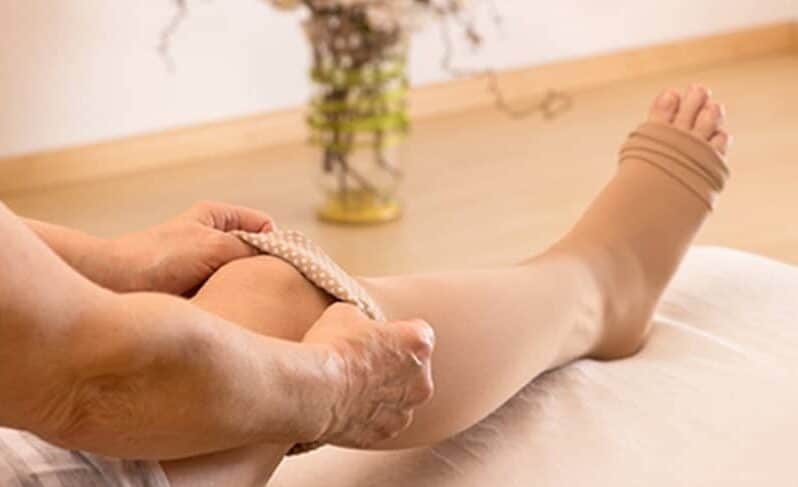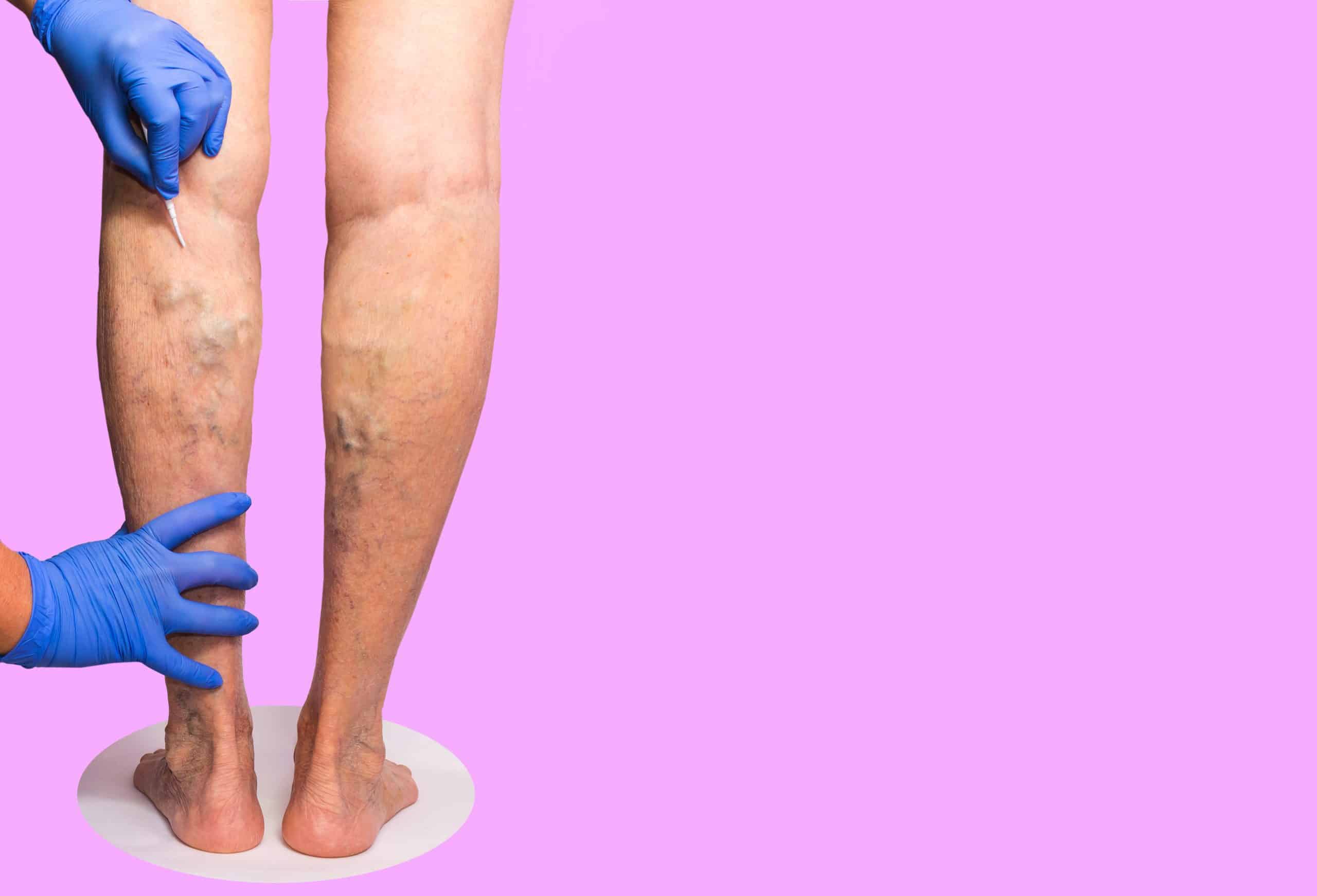What Kind of Doctor is a Vein Specialist, and What is Their Specific Area of Expertise?
When it comes to vascular health, understanding the role of a vein specialist is essential. These medical professionals possess a unique set of skills and expertise to diagnose, treat, and manage various venous conditions. In this article, we will delve into what kind of doctor a vein specialist is, their specific area of expertise, and what vein centers do to ensure optimal vascular health for their patients.
What Kind of Doctor is a Vein Specialist?
A vein specialist is a medical doctor who has undergone specialized training to diagnose and treat disorders related to the venous system. They are often referred to as vascular surgeons or phlebologists. These healthcare professionals focus exclusively on issues affecting the veins, such as varicose veins, spider veins, and deep vein thrombosis (DVT). Their expertise extends to both cosmetic and medical aspects of vein health.

The Specific Area of Expertise of a Vein Specialist
Vein specialists possess in-depth knowledge and specialized skills in the following key areas:
- Venous Anatomy and Physiology: Vein specialists have a deep understanding of the complex network of veins in the human body. They are well-versed in the physiology of veins, including how blood flows through them, the role of valves, and factors that can affect venous health.
- Venous Conditions: These medical professionals are experts in diagnosing and treating various venous conditions, such as varicose veins, spider veins, chronic venous insufficiency (CVI), and deep vein thrombosis (DVT). They can differentiate between cosmetic concerns and underlying medical issues, ensuring that patients receive the appropriate care.
- Diagnostic Techniques: Vein specialists use advanced diagnostic tools such as duplex ultrasound to visualize the venous system and identify abnormalities. This non-invasive imaging technology helps in accurate diagnosis and treatment planning.
- Treatment Modalities: Vein specialists offer a wide range of treatment options, including minimally invasive procedures like endovenous laser treatment (EVLT), radiofrequency ablation (RFA), and sclerotherapy for cosmetic concerns. They are also skilled in more complex surgical interventions when necessary.
- Patient-Centered Care: Vein specialists take a holistic approach to patient care. They consider a patient's overall health, lifestyle, and medical history when designing a treatment plan. This approach ensures that treatment is personalized and effective.
What Do Vein Centers Do?
Vein centers are specialized healthcare facilities that focus on the evaluation, diagnosis, and treatment of venous conditions. These centers are equipped with the latest technology and staffed by highly trained vein specialists. Here's a closer look at what vein centers do:

- Comprehensive Evaluation: Vein centers offer comprehensive evaluations to assess a patient's venous health. This includes a detailed medical history, physical examination, and often non-invasive vascular imaging to identify any underlying venous issues.
- Individualized Treatment Plans: Once a diagnosis is made, vein centers work closely with the patient to develop an individualized treatment plan. The plan may include lifestyle modifications, conservative management, or minimally invasive procedures, depending on the severity of the condition.
- Minimally Invasive Procedures: Many vein centers offer a wide range of minimally invasive procedures to treat venous conditions. These procedures are typically performed on an outpatient basis, allowing patients to return to their normal activities quickly.
- Education and Support: Vein centers aim to educate patients about their venous conditions and the importance of proactive management. They provide guidance on lifestyle changes and self-care to support long-term vascular health.
- Cosmetic Concerns: Vein centers also address cosmetic concerns related to veins, such as varicose veins and spider veins. Cosmetic procedures like sclerotherapy and laser therapy can improve the appearance of these veins.
- Prevention and Wellness: Beyond treatment, vein centers emphasize prevention and wellness. They encourage patients to adopt a healthy lifestyle, manage risk factors, and be proactive in maintaining their vascular health.
In Conclusion:
A vein specialist is a highly trained medical professional with expertise in the diagnosis and treatment of venous conditions. They play a pivotal role in maintaining the vascular health of individuals, addressing both medical and cosmetic concerns. Vein centers serve as specialized facilities that offer comprehensive care, from evaluation and diagnosis to personalized treatment plans and education. When it comes to vein health, consulting with a vein specialist at a reputable vein center is essential for optimal patient outcomes and overall vascular well-being.
Comments
Post a Comment